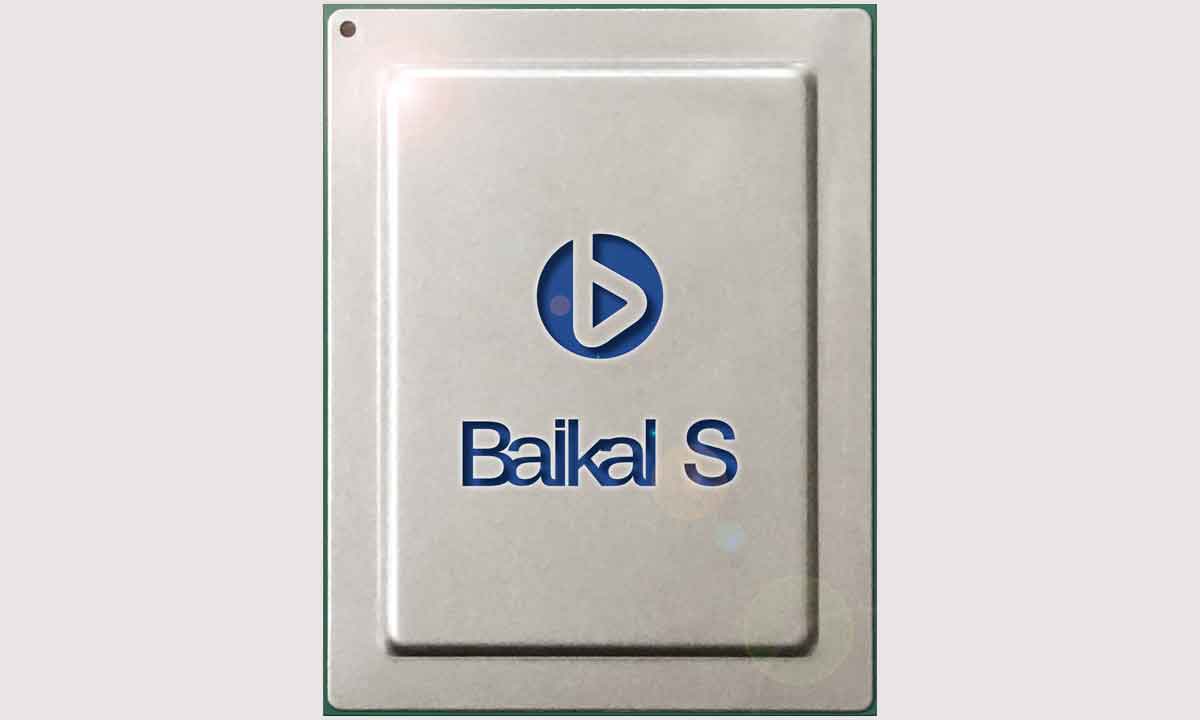
Although the most notorious reactions of the technological world to Russia’s attack on Ukraine are those of companies, the open source community can also play a key role in this situation. So much so that, in reality, a blow dealt by it against Russia could have even more forceful effects than actions such as those adopted by Microsoft, Google and Apple or the gaming sector, to give just a few examples of what It’s been happening the last few weeks.
But to understand what the open source community can do in this conflict, a bit of technological and geopolitical context is first necessary. Or, to be more exact, the crucial role played by technology on the geopolitical table both in recent years and in those to come. A future in which more and more countries do not want to depend on foreign technology in certain sectors and activities, given the suspicion that it may be used with malicious intentions by the countries from which said technology originates.
This is not something new, in fact it was the reason, even if it was not substantiated with evidence, of the accusations by the Donald Trump administration against Huawei and other Chinese technology companies They were based on the fact that their devices, especially the antennas for the deployment of 5G networks, could be used for espionage purposes by China. And whether or not the US government was right in its accusations, the truth is that dependence on foreign technology is something that worries more and more.
In this way, Russia has been working for years to create its own processors, initiatives that we have seen grouped mainly around two names: Elbrus and Baikal. A hardware that intends to be used with… indeed, if you have connected the dots, you can already imagine: with open source software. The Tavolga Terminal TB-T22BT is just one of many examples and, as you can see, it was designed to be used with Linux, the open source paradigm.
Thus, given the blockade of technology companies to Russia, and although the state of development of its integrated is quite late with respect to the technological vanguard, these developments and free software could be your lifeline. However, as we can read in Tom’s Hardware, the open source community could be considering withdrawing free software support for Russian processors, thus preventing it from being used on systems equipped with them.
In the short term, this measure would not be very effective, since at the moment the discussion has only been opened in the OpenBLAS repository, but this could establish an important precedent, which yes, it could be much more effective if the conflict and the blockade were prolonged over time. In addition, even if this situation is resolved in the short term, it is possible that the open source community has taken note of what happened and, in the future, they will consider whether or not to support hardware developed for these purposes.




